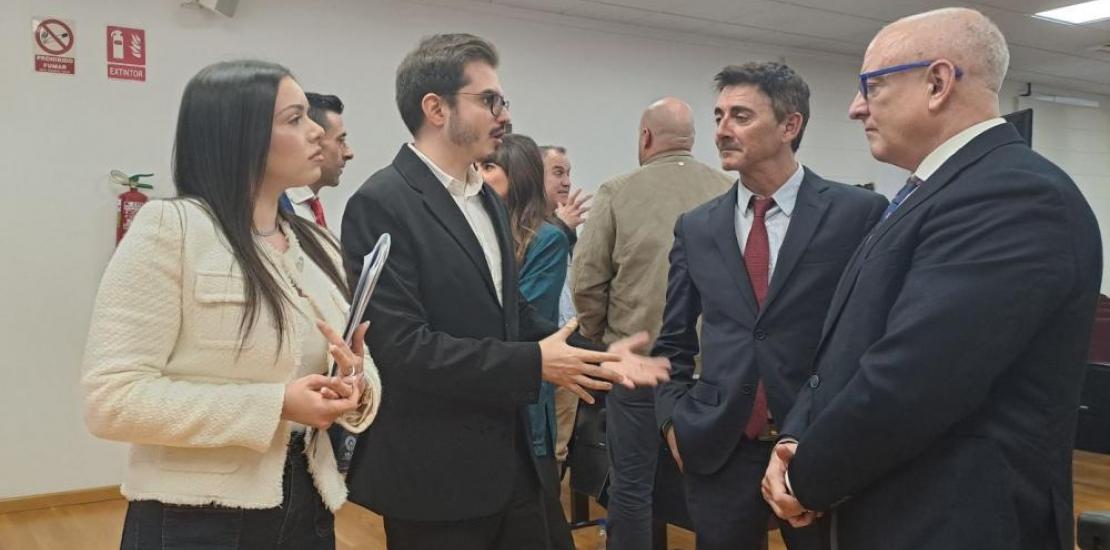UCAM Criminology analyses disinformation and its criminal consequences
Leading experts and professionals are addressing the impact of information and disinformation in the field of criminology and its relationship with society at a conference on 27th of November at the UCAM Murcia Campus.
The event, attended by students and lecturers from the UCAM Bachelor's Degree in Criminology, highlighted the proliferation of fake news, for example, on issues such as the DANA in Valencia and the US elections. Faced with this situation, the organisers highlighted that the main objective of this conference is that students know how to analyse, from an academic and scientific point of view, which pieces of news are real and which are fake.
José María Caballero, Vice-Dean of the UCAM Bachelor's Degree in Criminology, and César Augusto Giner, academic secretary of the degree, inaugurated the event, which continued with the talk ‘Does criminology have professional opportunities? Information VS Disinformation.’ David Caballo, Dean of the Professional Association of Criminology of the Region of Murcia, and María Lorente, Vice-Dean, highlighted the figure of the criminologist, stressing that ‘if we do not have these professionals, crime prevention will be more complicated; we have a lot to contribute to one of the main problems that is dealt with every day in the media but, however, they do not include us.’
AI is also very present at this meeting, where the speakers have stressed how new crimes will emerge through artificial intelligence, but that, in turn, it can help to prevent them through avatars, drones, etc., as well as in the recovery of victims with the different therapies it offers.
The conference concluded with two round tables on disinformation and information. The first one, in the field of the media, the academic area and research; and the second one, on how they are dealt with from the criminology perspective, analysing what criminal, civil, administrative or disciplinary repercussions exist, and what mechanisms are available to the justice system to deal with this problem.




